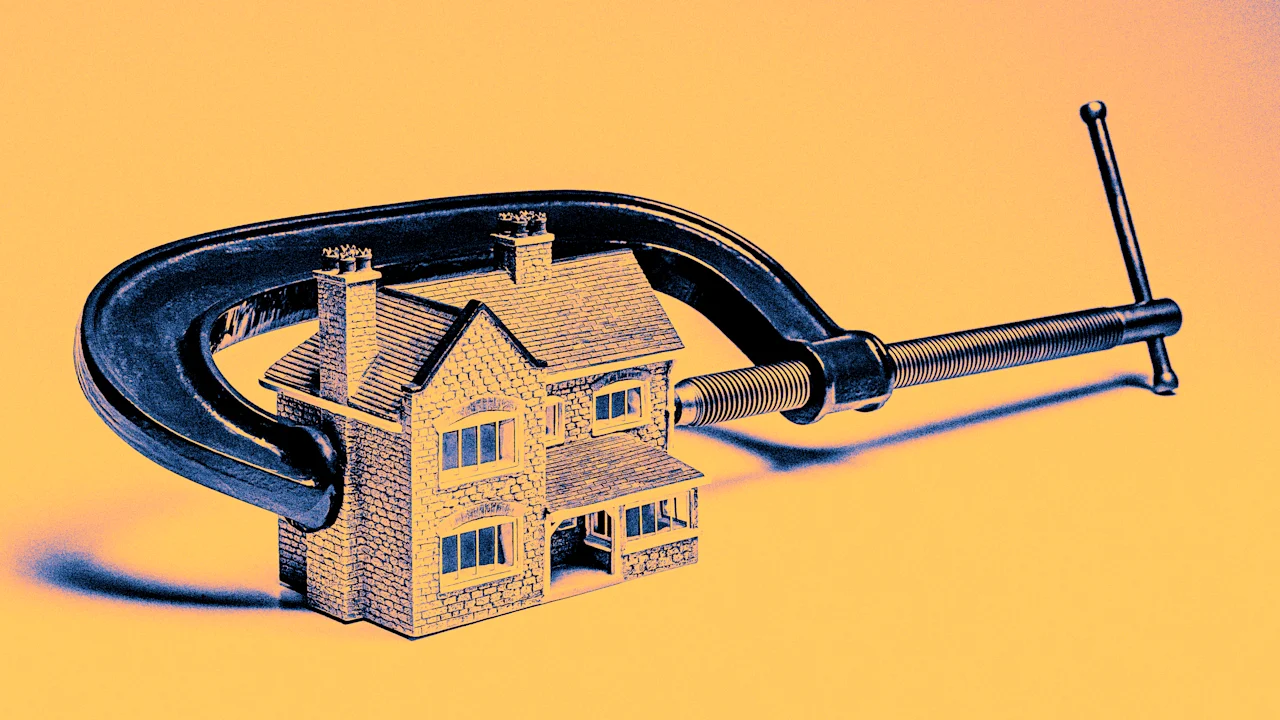Understanding Senior Apartments
Senior apartments are age-restricted communities designed specifically for older adults, typically requiring residents to be 55 or 62 years old and above. These communities offer a sense of community, age-friendly amenities, and low-maintenance living tailored for older adults. They are ideal for seniors who desire an independent lifestyle without the burdens of home maintenance.
Types and Features
Senior apartments come in various designs, from compact studios to spacious multi-room units. They often include:
- Safety Features: Installations such as grab bars, walk-in showers, and wheelchair accessibility to enhance safety and convenience.
- Amenities: Common areas, social activities, fitness centers, and sometimes luxurious additions like pools or clubhouses.
- Services: Some communities offer additional services like meal plans, housekeeping, and transportation.
Financial Considerations
The cost of senior apartments can range from affordable to luxury, depending on location, amenities, and services offered.
Financing Options
- Social Security Benefits: Many seniors use their Social Security income to cover housing expenses.
- Reverse Mortgages: For homeowners, a reverse mortgage can provide funds to pay for a senior apartment.
- HUD-Sponsored Programs: HUD’s Section 202 subsidizes housing for seniors with very low income, making it more accessible to those who qualify.
Budgeting Tips
It’s essential to make a budget to manage and cut costs effectively. Consider downsizing, taking in a roommate, or evaluating expenses like transportation to save money.
Regulations and Qualifications
For income-based senior apartments, there are strict guidelines:
- Age Requirements: Typically 55+ or 62+.
- Income Limits: Eligibility is often based on income levels relative to the area’s median income.
- Compliance: Compliance with regulations, such as those laid out by HUD, is essential for eligibility.
Assisted vs. Independent Living
Understanding the difference between assisted and independent living is crucial:
- Independent Living: Ideal for seniors who are self-sufficient and want a community lifestyle.
- Assisted Living: Provides help with daily activities like bathing, dressing, and medication management.
Resources for Finding Senior Apartments
Several organizations can assist in your search:
- Nonprofits: Organizations like Volunteers of America and the Good Samaritan Society provide affordable housing options for seniors.
- Eldercare Locator: A public service that helps connect seniors with local housing options.
- Virtual Retirement Communities: These groups help seniors stay in their homes by offering services like transportation and grocery shopping.
Evaluating Potential Apartments
When touring senior apartments, consider the following:
- Safety Features: Ensure the apartment has necessary safety installations.
- Amenities and Services: Look for features that match your lifestyle and needs.
- Cost and Fees: Understand all costs involved, including rent, utilities, and any additional fees.
- Community Atmosphere: Seniors are encouraged to ask pertinent questions when touring potential apartments to gauge the community vibe.
Avoiding Scams
Unfortunately, seniors can be targets for fraud. It’s important to be wary of scams targeting seniors and offer tips for avoiding fraud. Never provide personal or financial information to unverified sources.
Planning for the Future
Your housing needs may change over time. Consider:
- Long-Term Care: If you anticipate needing more assistance in the future, explore communities that offer graduated levels of care.
- Financial Planning: The guide advises on financial planning for senior living, such as selling a home or utilizing investment income.
Finding the right senior apartment is a significant step toward enjoying a comfortable and fulfilling retirement. By understanding your options and utilizing available resources, you can find a home that meets your needs and enhances your quality of life.











